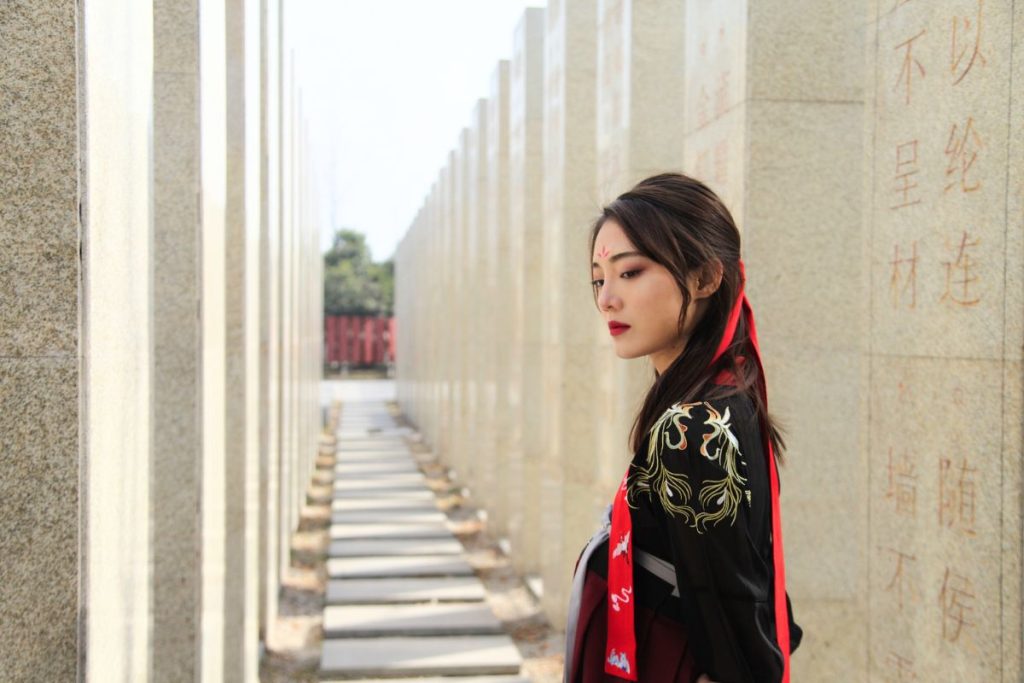Korean dramas are rewriting the playbook, spotlighting formidable women and emotionally open men in roles that defy gender stereotypes. From corporate boardrooms to crime-fighting battlegrounds, these series deliver fresh, balanced perspectives on love, power, and vulnerability.
When heroines take the lead
In Queen of Tears (2024), Hong Hae-in (Kim Ji-won) runs a conglomerate with iron resolve, while her husband displays heartfelt sensitivity—a welcome reversal of typical power dynamics. Similarly, Moving (2023) introduces Lee Mi-hyun (Han Hyo-joo), a former spy turned single mother whose strategic brilliance and sheer strength break the mould of maternal stereotypes. And who could forget Ko Moon-young (Seo Ye-ji) in It’s Okay to Not Be Okay (2020)? As a bestselling author with a fiery personality, she dictates the pace of her relationship, challenging norms with every bold move.
@diamond94k we love powerful female characters👑 #hoteldelluna #theglory #itsokaytonotbeokay #happiness #myname #crashlandingonyou #sweethome #mydemon #underthequeensumbrella #kdrama #edit #fyp #foryou ♬ original sound – Roxi Audios
Female figures who command respect
These aren’t passive damsels awaiting rescue. In My Name (2021), Yoon Ji-woo (Han So-hee) infiltrates a criminal syndicate to avenge her father, wielding her body as a tool of resistance—not an object of desire. Then there’s Strong Girl Do Bong-soon (2017), where Park Bo-young’s superhuman strength upends expectations at every turn. These women are complex, strategic, and unapologetically themselves—qualities that keep viewers glued to the screen.
A changing masculinity
On the flip side, modern K-dramas allow men to shed the unshakable façade. In Love Scout (2025), Yu Eun-ho (Lee Joon-hyuk) juggles his duties as a devoted secretary and single dad, offering empathetic support to his boss, Kang Ji-yun. This emotional partnership style of storytelling enriches relationships on-screen, making them feel more authentic. Such portrayals affirm that strength can coexist with compassion, and that an evolving masculinity only deepens narrative richness.
By championing empowered women and multifaceted men, these K-dramas deliver narrative balance that resonates worldwide—proof that breaking the rules can create stories far more compelling than tradition ever could.



